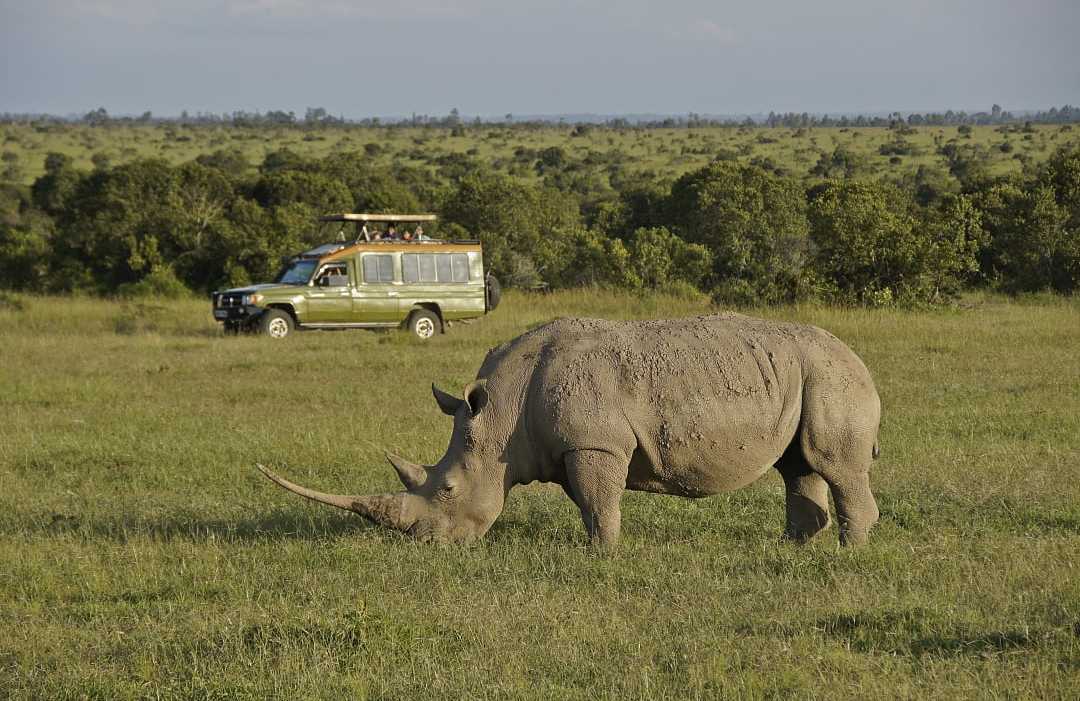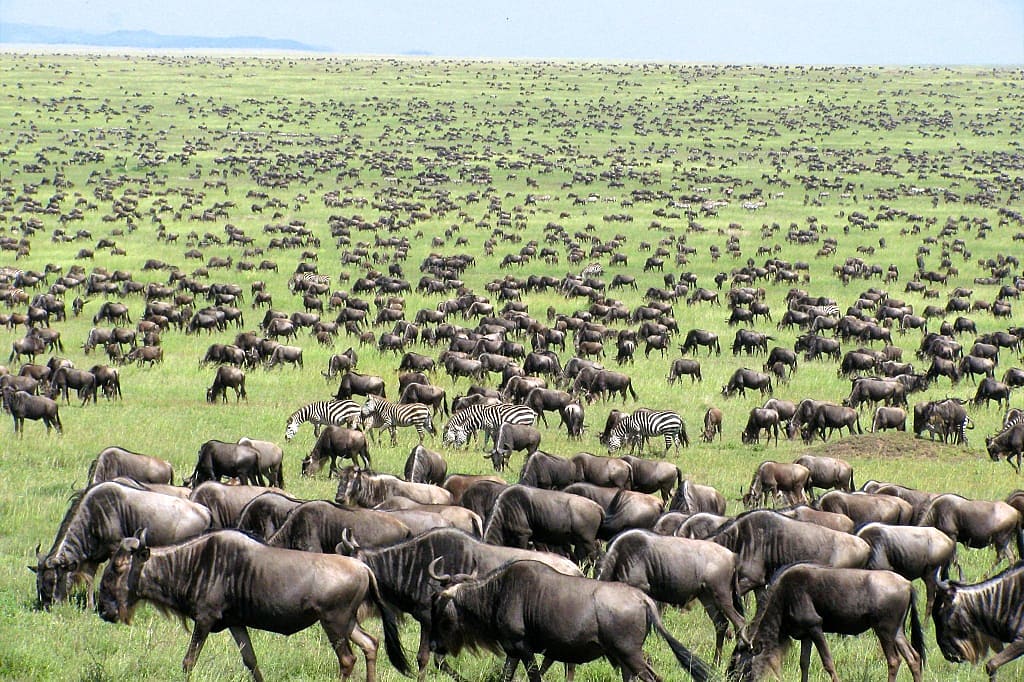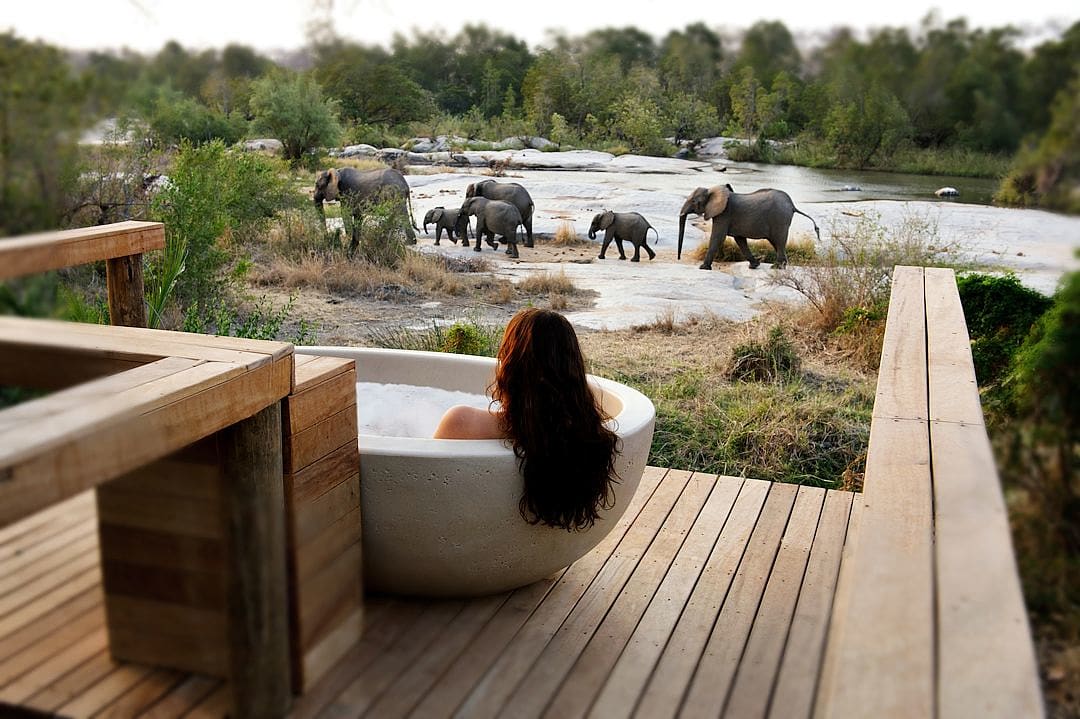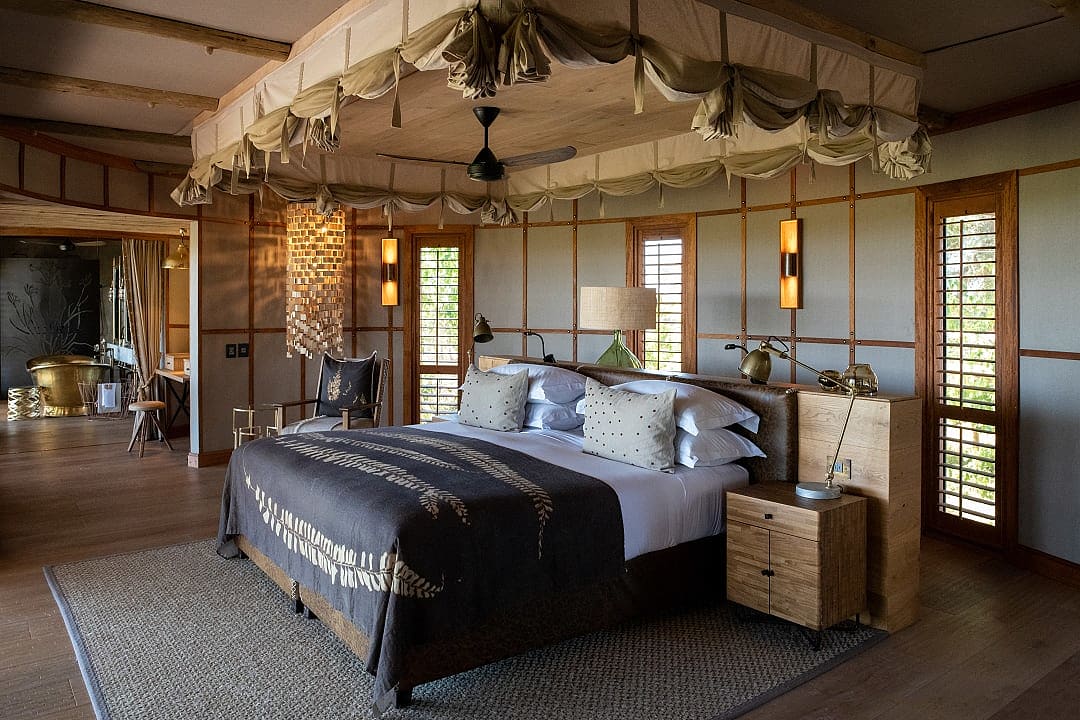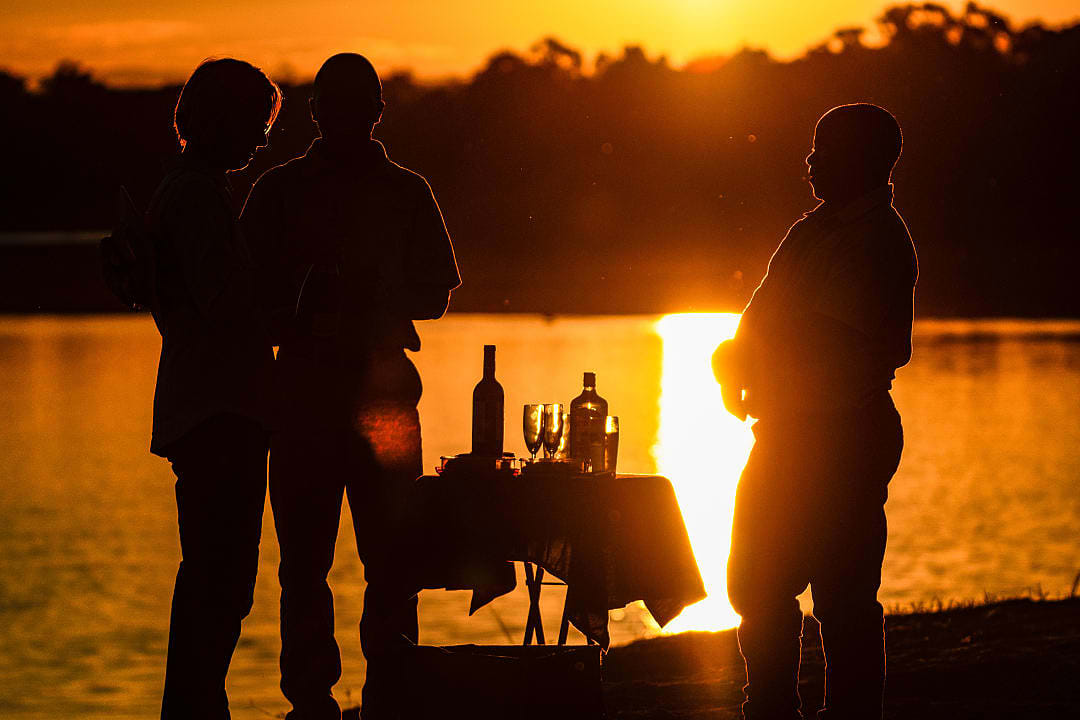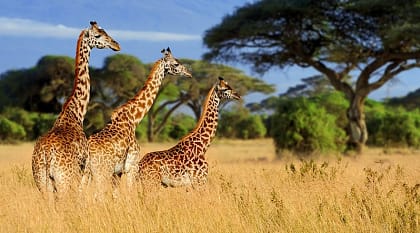The first step in determining the cost of your African safari is to define what you want most from this once-in-a-lifetime experience. Your priorities will guide every other decision, whether they revolve around seeing a specific animal, accommodating family needs, or achieving a certain level of exclusivity. Clarifying what is most important to you will ensure you can effectively allocate your budget to create an adventure that perfectly matches your dreams.
- Wildlife goals can steer you toward specific regions, whether your dream is to witness the Great Migration or focus on parks abundant with elephants.
- Health considerations such as choosing a malaria-free reserve, especially when traveling with children, can be a primary deciding factor.
- Exclusivity level is key, as deciding whether a private game-drive vehicle is a non-negotiable will significantly impact the price.
- Travel style will influence costs, from a time-efficient fly-in safari to a more complex multi-destination itinerary.
- Desired pace helps determine if you prefer to immerse yourself deeply in a single park or sample the diversity of several different reserves.
